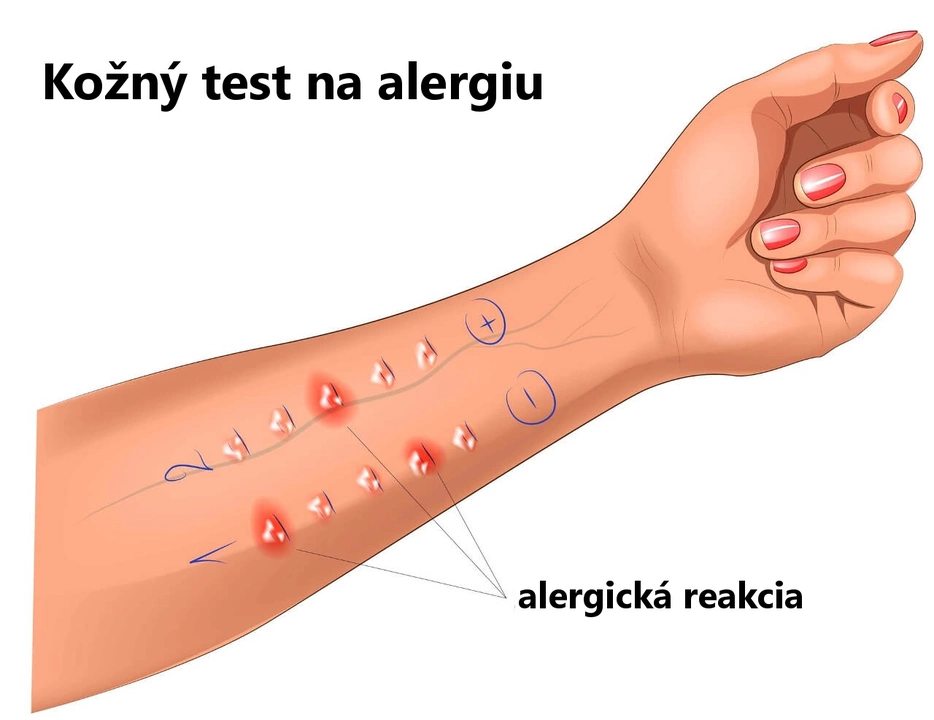April 2023 Pharmacy Insights – What We Covered
Welcome to our April roundup. In four short posts we covered chemo side‑effects, travel‑related skin risks, a useful antihistamine, and a safety guide for an immunosuppressant.
Chemo, Travel & Skin Health
The impact of capecitabine on the immune system – Capecitabine is a chemo pill used for breast, colon and stomach cancers. It kills tumor cells but also drops white‑blood‑cell counts, leaving patients open to infections. Recent studies we highlighted show doctors monitoring blood work closely and sometimes pausing treatment when neutrophil levels dip too low. To help the immune system bounce back, some oncologists add growth‑factor shots or suggest a protein‑rich diet during the low‑point weeks.
Travel and skin‑dwelling parasites – If you love hopping on planes, you might pick up tiny hitchhikers that live on the skin. Parasite eggs from scabies mites, hookworm larvae or threadworms can cling to shared towels, hostel beds or public transport seats. Simple steps—shower as soon as you reach home, use your own pillowcase, avoid sitting directly on bench cushions, and inspect any new rash for redness or tiny bumps—can keep those bugs at bay. Over‑the‑counter anti‑parasitic creams work fast if you spot a problem early.
Allergy Relief & Immunosuppressant Safety
Bepotastine for chronic urticaria – Chronic hives can ruin a day, but bepotastine (sometimes spelled bepostastine) offers quick relief. It blocks histamine release, so the itchy welts calm down faster than with older antihistamines. Most people feel the effect within 15‑30 minutes and can take it once daily without drowsiness. If you’re already on other meds like blood thinners or antidepressants, a short chat with your pharmacist helps avoid unwanted interactions.
A guide to azathioprine overdose and toxicity – Azathioprine helps control autoimmune disease and prevents organ rejection, but a slip‑up can be dangerous. Too much leads to bone‑marrow suppression, liver strain and severe infections. Warning signs include unusual bruising, yellow skin (jaundice), fever or persistent sore throat. Doctors usually order blood tests every 2–4 weeks when you start the drug, adjusting the dose if counts drop. If an overdose is suspected, emergency care with IV fluids and possibly a bone‑marrow rescue medication can save lives.
All four articles aim to give you clear, practical advice without the jargon. Whether you’re on chemo, planning a backpack trip, battling stubborn hives, or taking an immune‑suppressing drug, knowing the risks and remedies makes a big difference.
If any of these topics sparked a question, feel free to drop us a comment or search our site for deeper guides. We’ll keep adding fresh content so you can stay safe and informed on your health journey.
As a blogger, I recently researched the impact of capecitabine on the immune system and found some fascinating insights. Capecitabine, a chemotherapy drug, is often prescribed for treating various types of cancer, including breast, colon, and stomach cancers. While it is effective in killing cancer cells, it also seems to have some effects on the immune system. Studies have shown that capecitabine can lead to a decrease in the number of white blood cells, making patients more susceptible to infections. However, ongoing research is being conducted to better understand these side effects and potentially develop strategies to counteract them.
As a frequent traveler, I've recently discovered the link between travel and exposure to skin-dwelling parasites and their eggs. It turns out that while exploring new places, we might unknowingly come into contact with these parasites, leading to various skin infections. Staying in shared accommodations or using public transportation can increase the risk of exposure. To reduce the likelihood of contracting these parasites, it's essential to maintain good personal hygiene and be cautious in unfamiliar environments. So, next time you're off on an adventure, be sure to take extra precautions for the sake of your skin's health!
As a blogger, I've recently come across the topic of Bepotastine and its role in treating chronic urticaria. For those who may not know, chronic urticaria is a skin condition characterized by the appearance of hives, itchiness, and redness. I've found that Bepotastine is an antihistamine that helps alleviate these symptoms by blocking histamine release, which is responsible for the allergic reactions in our body. Many studies have shown Bepotastine to be effective in reducing the severity and frequency of chronic urticaria flare-ups. Overall, it's great to know that there are medications like Bepotastine that can provide relief to those suffering from this frustrating and uncomfortable skin condition.
As someone who's researched Azathioprine overdose and toxicity, I can tell you that it's essential to be cautious with this medication. Azathioprine is an immunosuppressive drug often prescribed to treat autoimmune diseases and prevent organ transplant rejection. However, taking too much can lead to severe side effects like bone marrow suppression, liver damage, and even life-threatening infections. To avoid these risks, it's crucial to follow your doctor's dosage recommendations and monitor any side effects closely. If you suspect an overdose, seek immediate medical attention to prevent severe complications.
Pharmadoctor.co.uk is a comprehensive online resource providing expert guidance on medications, health supplements, and diseases. Dedicated to offering accessible, accurate, and updated health information, the site stands as a trustworthy companion in navigating the complexities of the pharmaceutical world. For questions and feedback, reach out to Caspian Fothergill at [email protected].
Our Terms of Service page provides a comprehensive understanding of the rules and guidelines for using Pharmadoctor.co.uk. It outlines responsibilities, content usage, liability limits, and legal disputes. It's key for ensuring a mutual agreement between the website and its users.
Our Privacy Policy provides users with insights into the collection, use, and protection of personal information at Pharmadoctor.co.uk. It outlines our commitment to data security, delineates user rights regarding personal data, and describes the measures we take to ensure privacy. The policy clarifies how personal information is utilized and protected, emphasizing transparency and user empowerment.
The GDPR and Data Protection page of Pharmadoctor.co.uk provides visitors with detailed information regarding the handling and security of personal data. It covers the rights of individuals under GDPR, methods of data collection, usage, and measures taken to ensure data security. It also includes contact information for exercising GDPR rights.
The contact page of Pharmadoctor.co.uk is dedicated to providing visitors with various methods of reaching out for assistance or inquiries. It includes a direct email address for the website's owner, Caspian Fothergill, a contact form for submitting queries online, as well as a postal address for those who wish to send mail. The page ensures that users can easily communicate with the Pharmadoctor.co.uk team for all their pharmaceutical guidance needs.



